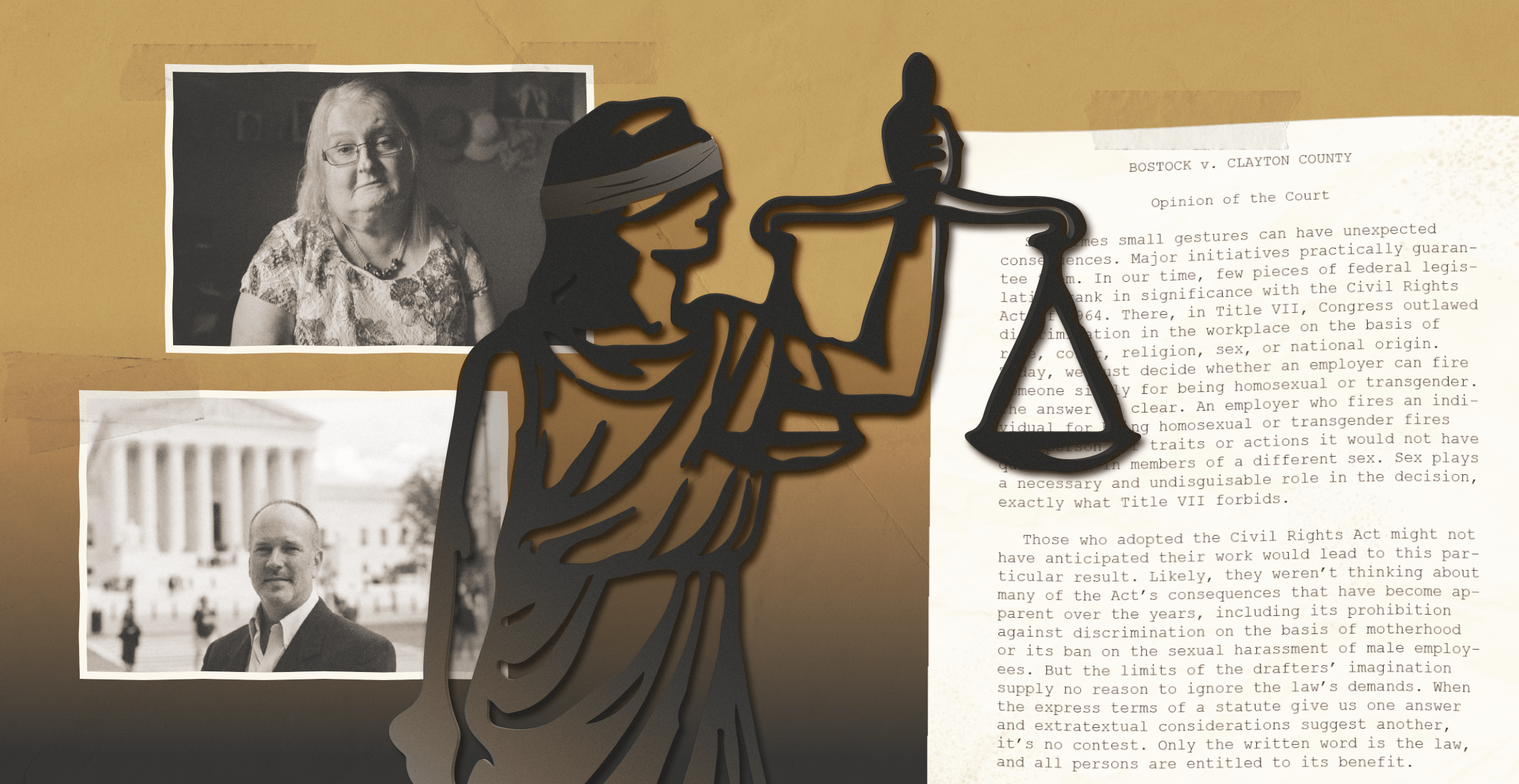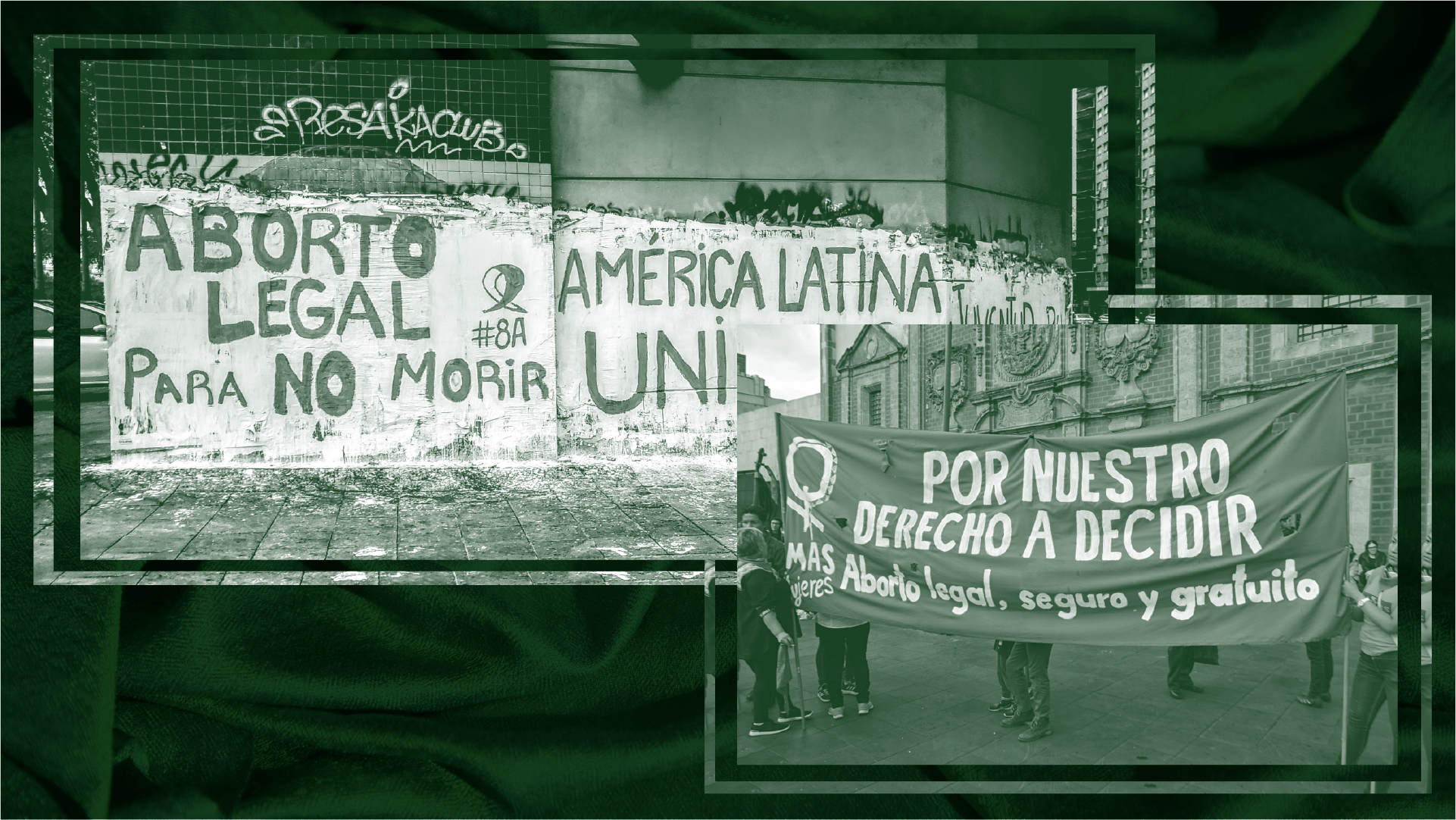
Supreme Court Rules Federal Law Protects LGBT People from Workplace Discrimination
Justice Neil Gorsuch wrote the majority opinion, citing Title VII of the Civil Rights Act of 1964.
LGBT workers are protected by federal law from workplace discrimination, the U.S. Supreme Court announced on Monday. The 6-3 opinion comes after the court heard three cases in late 2019 in which employers fired workers after learning of their gender or sexual orientation.
Conservative Justice Neil Gorsuch wrote the majority opinion, citing Title VII of the Civil Rights Act of 1964 which “prohibits employment discrimination based on race, color, religion, sex and national origin.” Gorsuch was joined by Justices John Roberts, Ruth Bader Ginsburg, Stephen Breyer, Elena Kagan, and Sonia Sotomayor.
“Today, we must decide whether an employer can fire someone simply for being homosexual or transgender,” the majority opinion reads. “The answer is clear. An employer who fires an individual for being homosexual or transgender fires that person for traits or actions it would not have questioned in members of a different sex. Sex plays a necessary and undisguisable role in the decision, exactly what Title VII forbids.”
The decision relies on the legal theory of textualism. Textualists adhere to the idea that the plain text of a statute should be used to determine the meaning of legislation, and that the intent or interpretation of the original writers does not matter.
“Ours is a society of written laws,” Gorsuch writes near the end of the opinion. “Judges are not free to overlook plain statutory commands on the strength of nothing more than suppositions about intentions or guesswork about expectations.”
Title VII made it illegal for an employer to rely on an employee’s sex when deciding to fire them. Gorsuch continued: “We do not hesitate to recognize today a necessary consequence of that legislative choice: An employer who fires an individual merely for being gay or transgender defies the law.”
The full opinion of the court — including a lengthy dissenting opinion from Justice Samuel Alito — is available online. This Supreme Court ruling does not affect the Trump administration’s decision to reverse protections for transgender people in the U.S. health care system last Friday.
Before this decision, nearly half of LGBT people lived in states that did not have explicit workplace protections for gay and trans people, according to the Gallup Daily Tracking Survey. Equality maps from the Movement Advancement Project now include the federal protections, but still indicate which states lag behind in legal protection and support. This includes areas like housing, health care, adoption rights, education, and criminal justice.
Aimee Stephens, one of the original plaintiffs in the case, died in May 2020 without knowing the historic result. Stephen’s employer fired her after she came out to her coworkers as a transgender woman in 2013.
The widely celebrated announcement came during a week of anger and grief for LGBT communities across the United States as they mourn the recent deaths of two Black transgender women, Riah Milton and Dominique “Rem’Mie” Fells. The Human Rights Campaign reports that at least 14 transgender and gender non-conforming people in the U.S. (including Puerto Rico) have been violently killed since the start of 2020. Marches in support of Black trans lives — like the one in front of the Brooklyn Museum on Sunday— have garnered thousands of supporters so far.


